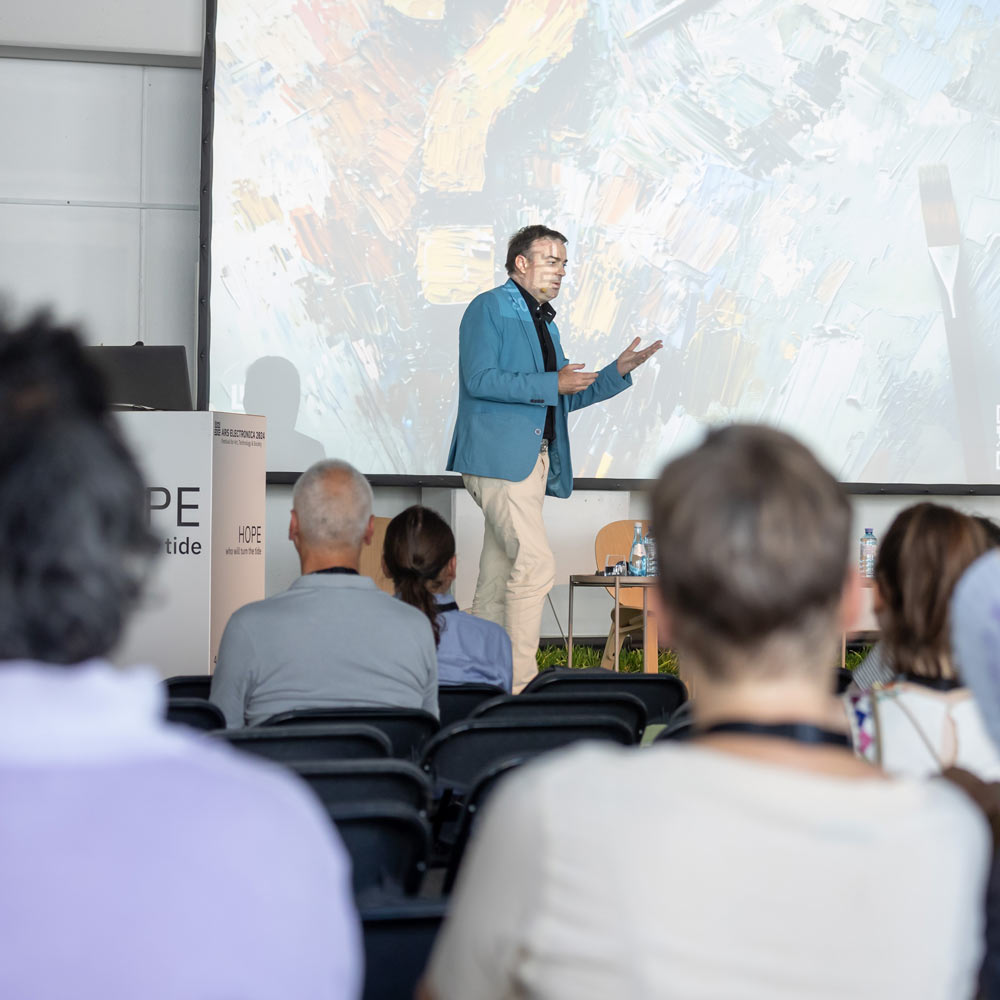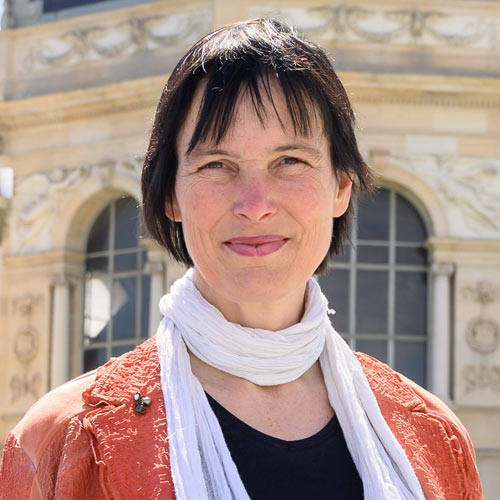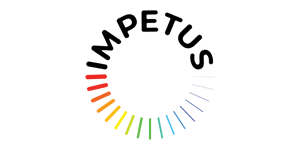Citizen Science means that the general public, who is not paid by academia to perform a specific job or task, contributes to the generation of scientific knowledge. In the scientific process, this usually occurs within the scope of collecting data and, to a lesser extent, in the formulation of scientific questions, discussion, or publication of results.
Examples of citizen science activities range from the natural sciences to the humanities and social sciences. In general, there is a mutual benefit: Scientists profit from a wider spatial and geographical range of data and a more concrete engagement with everyday problems; citizens benefit from contributing to a larger important target, gaining knowledge, and becoming socially involved. But there are drawbacks; sometimes citizens provide data without adequate feedback, which some authors describe as neoliberal.
The current rapid development in the digital sector is changing some of these relationships: Data are generated by automated pattern recognition or machine learning, after being fed by citizen scientists. Consequently, crowdsourcing activities become less important, and the role of citizen scientists changes.
Drawing from her own experiences as well as literature, Katrin Vohland will come to the conclusion that personal contacts will stay relevant for achieving meaning and empowerment through citizen science activities.

Photo: tom mesic
Katrin Vohland: Does Citizen Science Increase Empowerment or Neoliberalism? Some Thoughts to Share
Katrin Vohland (DE/AT)
POSTCITY, First Floor, Education Stage
Sa. 6. Sep. 2025
15:35
–
16:15
-

Katrin Vohland
Dr. Katrin Vohland is Director General of the Naturhistorisches Museum Wien (NHM Vienna), Austria. Her main research interest is in the interface between science and different public audiences, including policy. She develops Open Science strategically for the collections, the museum, and beyond, including Citizen Science where she is active in employing integrative and reflective approaches.

